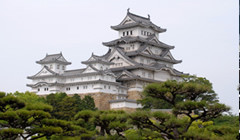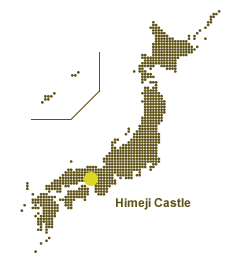To work in Japan, it is necessary to pass the national examination for biomedical laboratory scientists.
To take the examination, graduation from a three-year community college (5 schools), a three-year vocational school (24 schools), or a four-year college (49 schools with a specialized department) is essential. The number of students who apply for the four-year college and proceed to a master’s degree has been increasing in recent years. There are various choices for employment compared with other medical jobs, not only in hospitals, clinics, specialized agencies focusing on health diagnosis, and medical institutions, but also in registered health laboratories, universities, research institutes, biological science companies (research positions), and CRC companies, as well as pharmaceutical companies as medical representatives and sanitation agencies as public officials. The need for BLSs is increasing owing to the progress of mechanization, automation and information systems in both laboratory and physiological testing. They are also in demand in the medical field as part of a team that includes doctors, nurses, pharmacists and other professional medical staff members.
Description of the clinical examination of a patient and consultation with the consent of a doctor have recently become the duties of BLSs. The national examination is conducted every year, and 3,162 out of 4,097 passed in the spring of 2013. For persons trained outside of Japan to become a BLS in Japan, they must obtain a license in Japan. All the examination questions are written in Japanese; thus, they must be able to communicate in Japanese.

